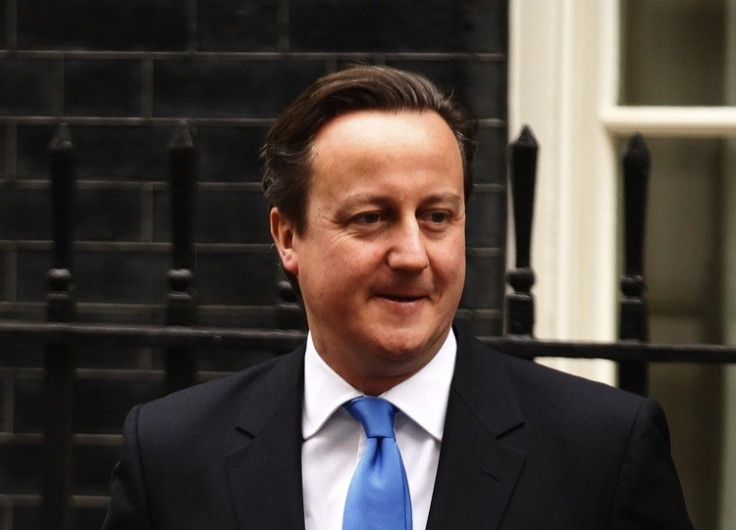Britons Back Tories over Labour on Economy Despite 'Cost of Living Crisis'

David Cameron's Conservatives are trusted by more Britons to handle the economy than Ed Miliband's Labour opposition, according to a YouGov poll.
The poll, commissioned by The Sun newspaper, found that most voters think they would be worse or no better off financially had Labour won the 2010 general election.
This is despite a sharp real terms decline in wages, welfare spending cuts under the government's austerity programme, and a rising cost of living such as spiralling energy bills. It has been dubbed as the "cost of living crisis" by the Labour party.
It is a boost for Chancellor George Osborne who unveiled in his 2013 Autumn Statement a raft of sharply upgraded forecasts for the UK economy and public finances.
The Office for Budget Responsibility (OBR), the Treasury's independent watchdog, now predicts 1.4% growth in 2013, up from a 0.6% forecast previously. It also revised its 2014 growth forecasts up to a 2.4% expansion, from its past prediction of 1.8%.
Osborne revealed the OBR's deficit forecasts, which had also been improved. The entire focus of the government's controversial austerity programme has been on erasing the structural deficit in public finances.
In 2013, the OBR said the deficit would be 6.8% rather than the 7.5% it forecast before. That is based on public sector net borrowing figures, which exclude windfalls such as the Treasury taking control of the Royal Mail pension plan and coupon payments from the Bank of England's £375bn gilt-purchasing quantitative easing programme.
In 2014 the deficit in public finances would fall to 5.6% of GDP. It would then fall again in every year until 2018 when it would be erased and there would be a small surplus in public finances.
However, critics of the emerging recovery say Osborne has failed in his efforts to rebalance the economy towards manufacturing and exports. Osborne set a £1tn target value for UK exports by the end of the decade.
The OBR said net trade and business investment would be flat over the coming years. The recovery would instead be driven by rising household consumption, despite the real terms fall in wages, and the housing market, where some fear a bubble is being created by constrained supply and mortgage-easing schemes such as Help to Buy.
Pay growth has been far outpaced by consumer price inflation in recent years, leaving consumers to wear down savings or leverage themselves with more personal debt in order to spend out.
© Copyright IBTimes 2025. All rights reserved.






















